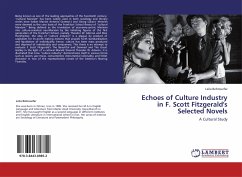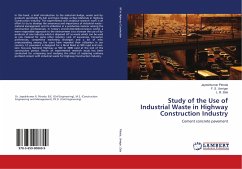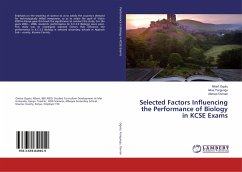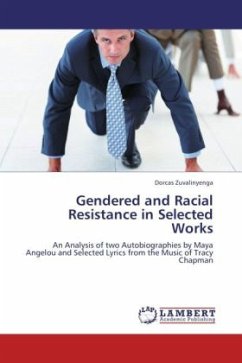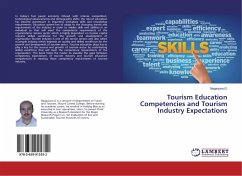Being known as one of the leading approaches of the Twentieth century, cultural Marxism has been widely used in both sociology and literary circles since Italian Marxist Antonio Gramsci s and Georg Lukacs theories were deemed as the core basis of the Frankfurt School theory of cultural Marxism. Being defined as the translation of economy-centric Marxism into culture-oriented neo-Marxism by the initiating figures of the first generation of the Frankfurt School, namely, Theodor W. Adorno and Max Horkheimer, the idea of culture industry is a plague by product of capitalism for its profit making motives that propels forth standardization and liquidation of individuality; hence, culture has been mass produced and deprived of individuality and uniqueness. This thesis is an attempt to evaluate F. Scott Fitzgerald s The Beautiful and Damned and The Great Gatsby in the light of a cultural Marxist theorist Theodor W. Adorno. It is illustrated that how culture industry demonstrates itself in various forms such as racism, jazz music, consumerism; instrumental rationality, and fetish character in two of the representative novels of the America s Roaring Twenties.
Bitte wählen Sie Ihr Anliegen aus.
Rechnungen
Retourenschein anfordern
Bestellstatus
Storno

